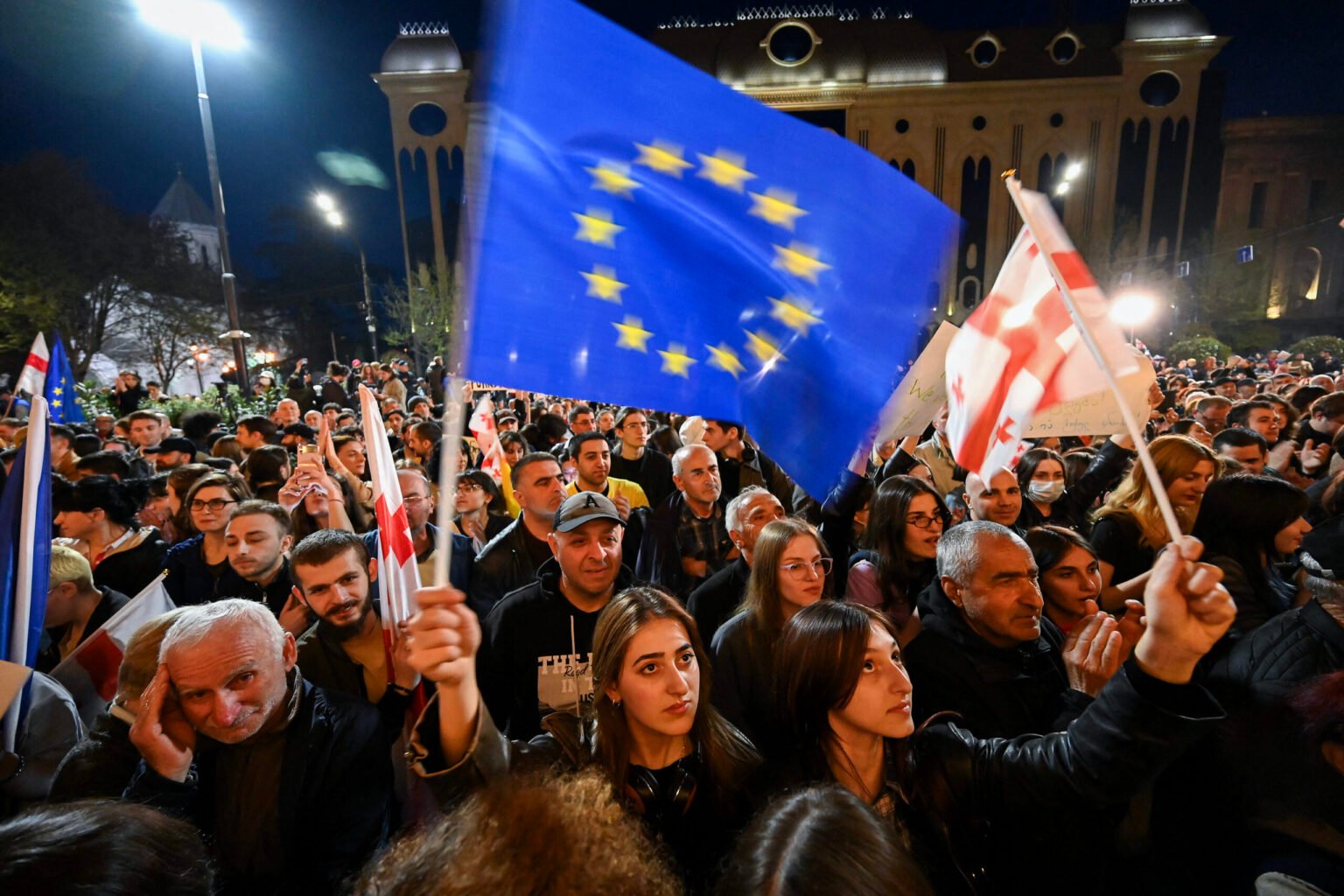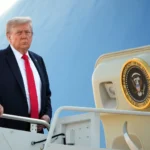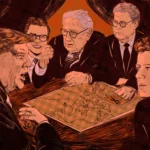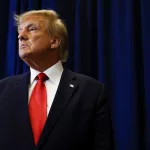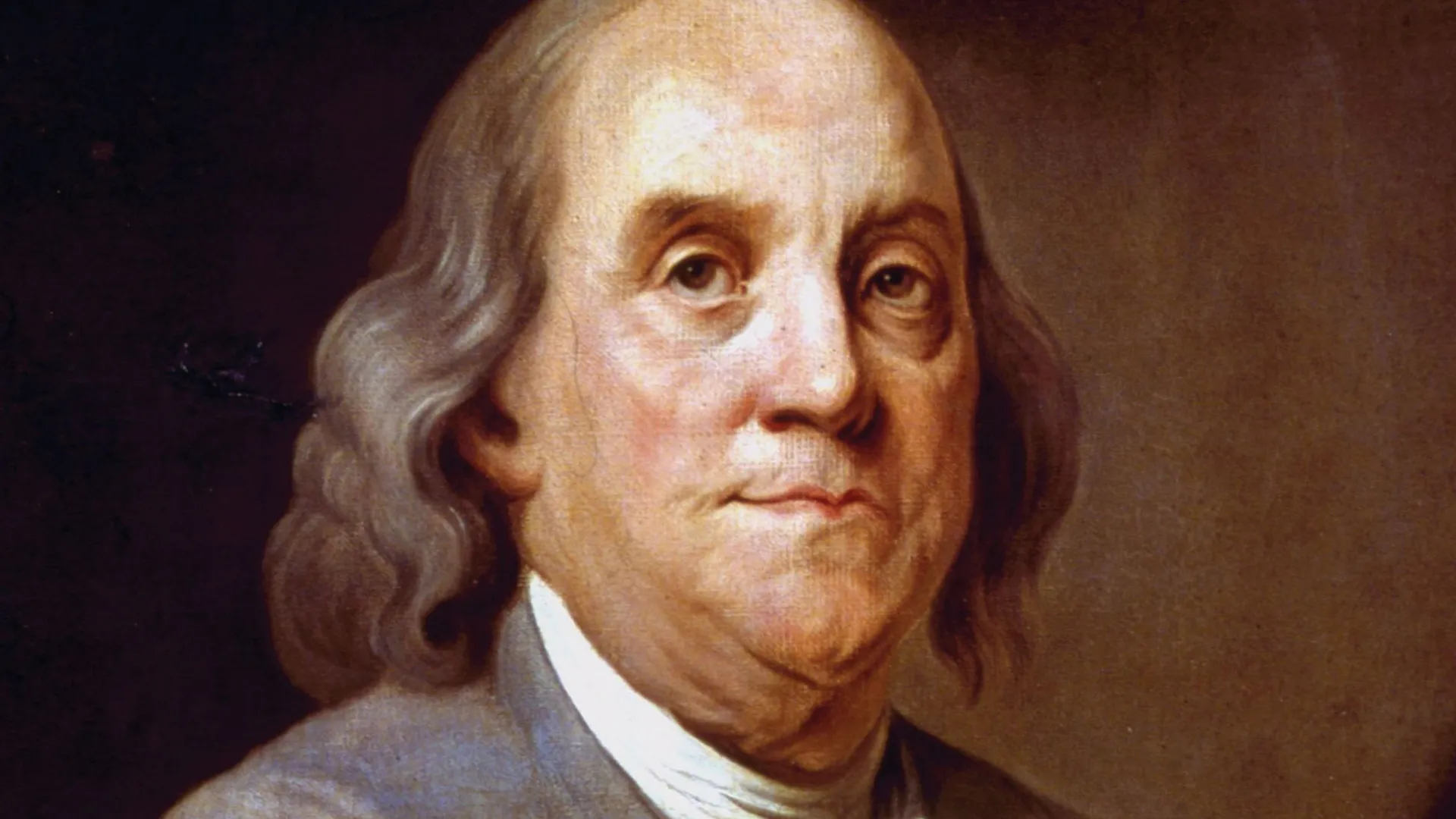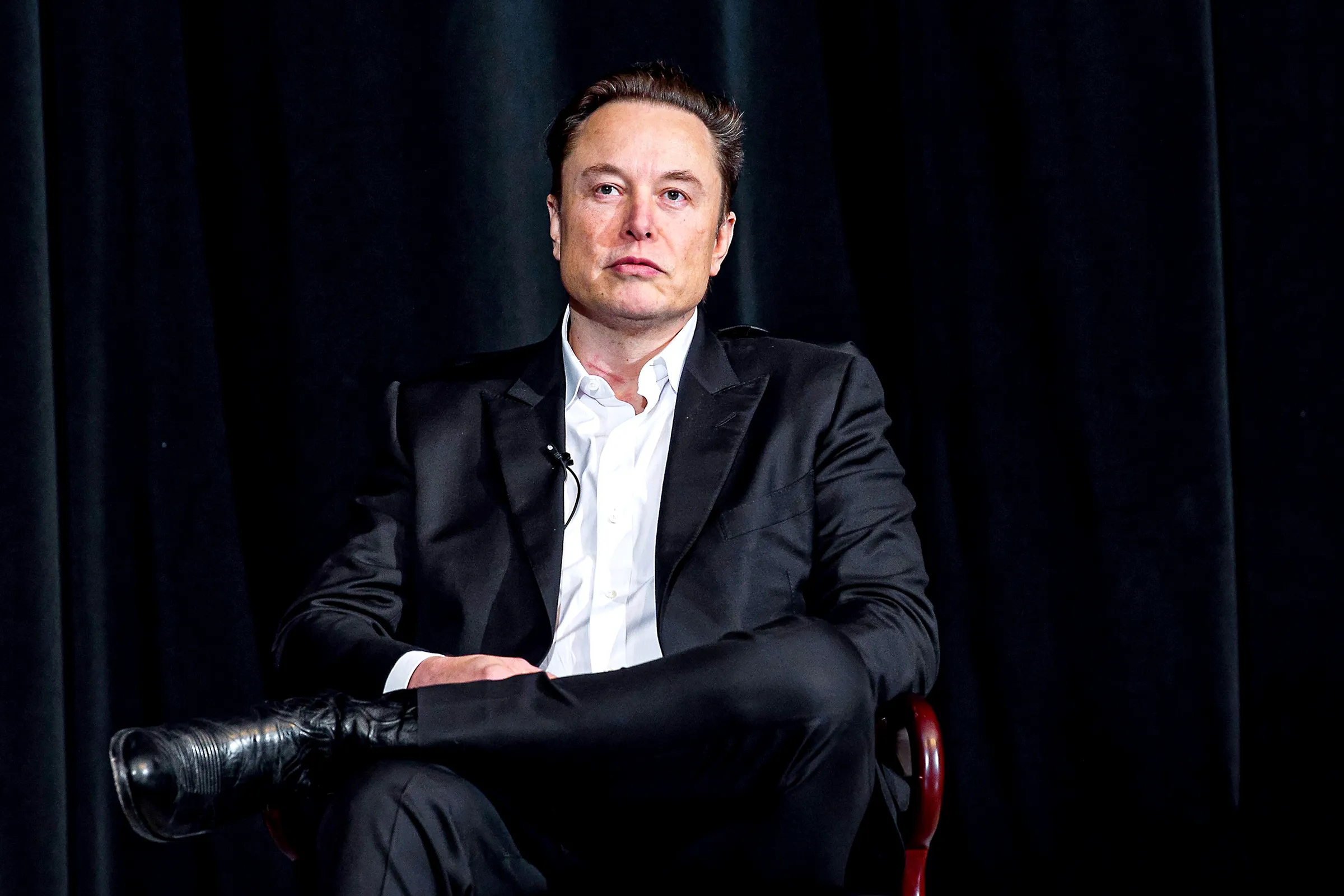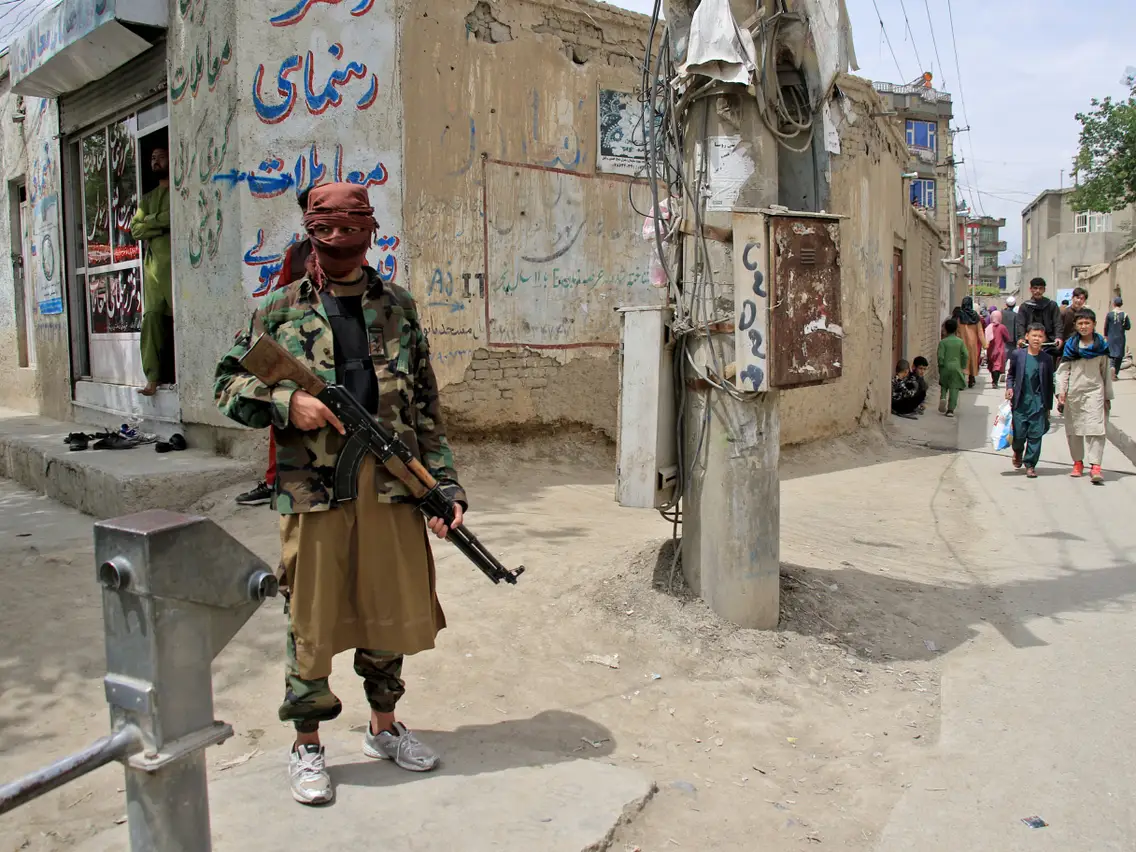Much has been discussed about the moment when Dutch Prime Minister Mark Rutte referred to Donald Trump as “Daddy Trump” at the recent NATO summit. Without a doubt, it signals the extent to which Europe has been rendered helpless in the face of geopolitical power plays. Yet, the European nations’ reliance on superpower defense strategies is not the only concern. The European Union, which is an experiment in transnational governance with ambitions of World War II aftermath integration, seems to have overstepped its rational limit.
We can chronicle this moment as the witnessed decline of European geopolitics, a fall from grace for the Union that was founded on the very ideals of peaceful diplomacy. The Union is struggling to grapple with the perplexities of the modern world. The war is not absent. We need decisiveness, not collaborative passive aggression or slow-paced integration strategies that aim for the absence of conflict – we need unabashed engagement.
The invention of governance arrangements to avert the scale of devastation and conflict witnessed during the World Wars has a timeline dated to the mid-1950s. Post-World War II, integration and unification of European nations were sustained around the principle of ensuring peace and security for the continent. During this period, this initiative gathered France, Germany, Italy, the Netherlands, Belgium, and Luxembourg as its founding members, an institution radically different in size and scope from the one we know today.
France and Germany were always a topic of concern for the rest of the continent, and leaders were doing everything they could to avoid these disputes from developing into a full-scale war.
The base concept of the European Project was that war would be averted if there was economic cohesion. Countries that were interdependent politically and economically would be able to foster a period of peace. Trade would enhance the revenue for all players and that, in turn, would increase incentives to avoid war.
The European project was no longer limited to a certain geography. Everything began with the Maastricht Treaty in 1991, when the European Union was created. Then, a few years later, we had a monetary union, which was the introduction of the euro. Soon after, the Schengen Agreement was made, which allowed for passport-free movement across European borders.
With all these milestones achieved, further expansion was imminent. Thus, in 1995, three new members were welcomed: Austria, Finland, and Sweden. Then in 2004, the European Union made a ‘big-bang’ infusion of 10 additional members.
The geopolitics of the former Eastern Bloc were granted access to the new Order with an opportunity for stability, development, and a serene future within a European framework. It was a promise, from a geopolitical point of view, that whoever follows the Western principles and abides by the policies set forth would gain access to the European family.
During this entire period of development, the European project fully maintained the same principle; free trade, economic development, and the liberating policies of the European project would be the best fences protecting against the danger of war.
As rational, realistic, and even pragmatic as this may sound, it has not come to fruition.
The evolution of the European project indeed offers several positives, and the proactive continuity of the project over the years is an achievement in and of itself. However, the successes of the Union have largely stemmed from its foundational principles of incrementalism and cooperative development.
Such a foundation gives rise to a certain variety of politics and a certain politician who becomes an expert within its limits, a calm, eloquent, and highly skilled negotiator. The institution shapes the individuals within it, and vice versa. The prevailing pattern over time becomes increasingly rigid.
The issue here is that there will always be a challenge that calls for a more extreme way of approaching a particular situation, and resolves conflict, and the way things are usually done. In situations like these, a system solely predicated on harmony and avoiding conflict could encounter considerable difficulty when trying to embrace a radical shift. In the case of the EU, there is not only the consideration of the system’s immense institutional inertia, but the sheer number of countries, offices, and officials that would be involved.
The system is failing, which is, of course, why radical parties are capitalizing on it. These parties are a direct response to the public’s outrage at the slow, piecemeal governance that has taken over the European political landscape. For an alternative to be accepted, it was necessary to aim for the mainstream. While these extremist parties may have been able to identify why the present mainstream politics are failing, the critical flaw in their response is that they are not offering viable solutions to the crisis at hand.
Addressing the issue calls for a complete restructuring of European leadership for the 21st century, shaped by the new challenges the continent faces. These challenges have an existential dimension, particularly concerning Russia, China, Iran, North Korea, a whole host of terrorist organizations, and, broadly, what could be referred to as the Global Authoritarianism Network.
A central piece of the ideology of these regimes is Confrontation. It is part of their very DNA to be free, democratic, and market economies. Their very survival is only possible through a relentless Offensive against these foes. Facing such a scenario, the EU is completely unprepared to confront outside actors that fundamentally undermine its existence and pose a threat with whom it cannot negotiate a resolution and a peaceful settlement. The politics of averting and minimizing exposure to risk for these unresolvable existential threats does not work.
And there must be no confusion: as is, the Western world stands with the defenders of democracy, and all its adversaries. We need proposals that confront the dire issue and assemble each and every asset and untether everything that is bound, and not design something geared for claiming as many powers to negotiate scenarios and workarounds.
The EU, in its present form, does not have the capacity to shift to a confrontational framework, because it was built to thrive on a spirit of cooperation. The advantages that have historically been cornerstones of its strength are now a liability concerning the problems at hand.
Alongside the rise and entrenchment of a global authoritarian network, we have also witnessed the retreat of America from the global stage. For this reason, NATO does not meet the challenge posed by the authoritarian network to Europe, since it is far too dominated by and too dependent on the United States.
It is all too easy to point a finger at Trump for retreating and leaving Europe weak, flailing in a state of vulnerability, but all he’s done is lay bare a Europewide architectural flaw which has tormented the continent. The EU was built and nurtured under the protective shield of the American aegis. The formula of economic integration was never tested without the presence of the world’s superpower, and the Union has never had to learn to depend on itself.
No one was ever truly rational when it came to predicting when or how America would cease to be the backbone of the continent’s security system. And it is now rather clear that Europe is not being proactive in combating the taking of new territory by Putin, simultaneously putting America on the sidelines to watch the show.
The new deal made with the U.S has made it much clearer how Europe is very much one-sided in these contracts, alongside the ever-mounting expenditures. The tariffs, alongside the €750 billion’s worth of merchandise that the European Union is set to spend on American energy, are an outright subsidized agreement for the American presence on the continent. America is the only country that is in a position to take advantage of the European Union’s energy dependencies and take full advantage of it, in the name of protection.
Because of the Russian UPR, Europe has faced numerous hurdles over the years. But time and time again, the changes that European government policy has tried to implement have been all talk, with little to show for it. European nations in the fight have clear priorities, and more planned instead of taking actions in the name of ‘action’.
The unfolding story of sanctions levied against the Putin regime during the ongoing Ukraine conflict serves as a telling example. Putin is still able to conduct business with international associates, wage his war, and even maintain the offensive on the battlefield despite eighteen rounds of sanctions being imposed. Because none of the sanctions were tailored to deliver a decisive financial blow, there is still plenty of room to inflict economic damage on the regime.
These actions incorporate the EU’s preference for indirect policymaking designed to guide the other side gently to a resolution against their will. Such a technique simply does not work on a dictator and, in fact, only feeds their aggression.
Another illustration is the one million 155-millimeter artillery shells that were meant to be shipped to Ukraine. A year later, Europe had to acknowledge that a collection of 27 nations was unable to manufacture or source that much. To make matters worse, Russia claimed that North Korea had supplied one million shells from its stockpiles.
One of the poorest nations in the world had outperformed the most prosperous continent in Europe in providing ammunition for its ally in the war.
In the absence of European leaders who are proactively working to chart a new course for the continent, Europe’s future might very well be penned in Moscow. If NATO member and European Union member states are attacked by Putin, the consequences would be more shocking to European unity than any domino effect witnessed subsequently.
Hence, the query arises: a Europe, which is struggling with an inability to safeguard its citizens, what is the relegated, meaningless existence it has to look forward to? Talks aimed at resolving a conflict post the bombing of a European city would be attended solely to cement the European project’s coffin.
Even assuming the Union’s worst fears somehow don’t come true, the mounting inaction has already taken a toll. United Europe: Do you think today’s Europe has the creativity and influence to achieve what has been achieved with the introduction of the Schengen Area and monetary union? If the continent is left in a state of paralysis, does it have the potential to expand as a mere bystander to the Ukraine war, the Moldova hybrid conflict, or the silent Georgian coup?
The EU is in danger of becoming irrelevant and disintegrating if pivotal amendments aren’t made to the Treaty. While daunting in scope, the sheer number of failures and bottlenecks in the current system provides us with a clear idea of what the changes would need to look like. And the essential preposition is quite simple.
The most radical restructuring of the EU framework came from the German and French leaders in the form of a ‘multi-speed Europe’ in 2017. This idea could have sparked a strengthened conversation on EU regionalization if it weren’t for the Covid-19 pandemic and the subsequent war on Ukraine by Russia.
The idea still stands a chance to be revived, especially in the Nordic-Baltic region, which actively aims for tighter defense and security integration and has a clear understanding of the Russian threat. The rest of Western Europe is beginning to diverge from the Northern interests, and in the illiberal block, Hungary and Slovakia are watching the Czech elections eagerly, anticipating a new government that would side with their anti-European, pro-Russian coalition.
Today, the leaders of Europe cling to the notion of a completely peaceful bloc, boasting of non-aggression as a distinguishing characteristic of Europe on the world stage. Adapting to the reality of war seems to invalidate the EU’s mission, when, in fact, embracing new, tougher measures is the only way to salvage the peace-driven project Europe has carefully nurtured.
In Russia’s case, the imperial ambitions were not circumscribed by the Minsk agreements of 2014 and 2015 but may very well be contained within a revision of the treaties that constitute the Union.
The time has come for a new version of the European project, the one that has been envisioned and built to ready and shield the continent for decades to come.
To begin with, unanimity. The EU was established as a consortium to pursue shared objectives and has successfully navigated a plethora of treaties aimed at moving towards its vision. Today, the level of achievement that has been possible in the European Union would seem unbelievable, as there is not a singular purpose shared by all in Europe.
Hungary, one of the largest beneficiaries of EU cohesion funds, is now working to sabotage the European project. Slovakia is not far behind.
Regarding defense matters, Spain persists in considering the EU merely a project of peace and culture, not a coalition that has to defend Europe as well. For Europe to survive, however, the concept of unanimity must be abandoned.
Shifting to geopolitics, Europe has healed some of the wounds from the Cold War by incorporating Eastern flank countries. This expansion is arguably the EU’s greatest geopolitical achievement. Nonetheless, there is still unfinished business left, and much potential to gain. Ukraine, Moldova, Georgia, and Armenia have populations that overwhelmingly identify with the West. The EU must either provide these nations a credible pathway to a European future, or the foes of democracy will keep building pathways for them in the other direction.
Finally, on defense, the project of peace cannot survive without actively defending said peace. The era of the peace dividend is over. Europe needs to initiate a new era where Europe defends itself and its allies. A peaceful coexistence with Putin’s Russia, for example, will not be possible. Eventually, Europe may realize that coexistence with Xi’s China is also out of the question.
The U.S. security shield’s reliability has been weakened. Europe has to self-develop mechanisms to protect the values for which the Union exists. It has to undergo a metamorphosis from a peace-loving commune to an institution that can confront real threats of violence and those who wish for its dismantling.
Europe is not doomed to fail. But the understanding that maintaining refuge is a costly venture, and that any means to be defended must be implemented, is paramount. Source

